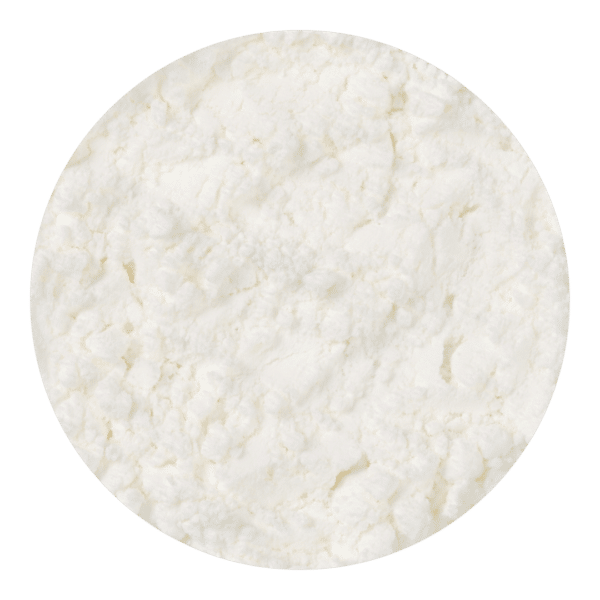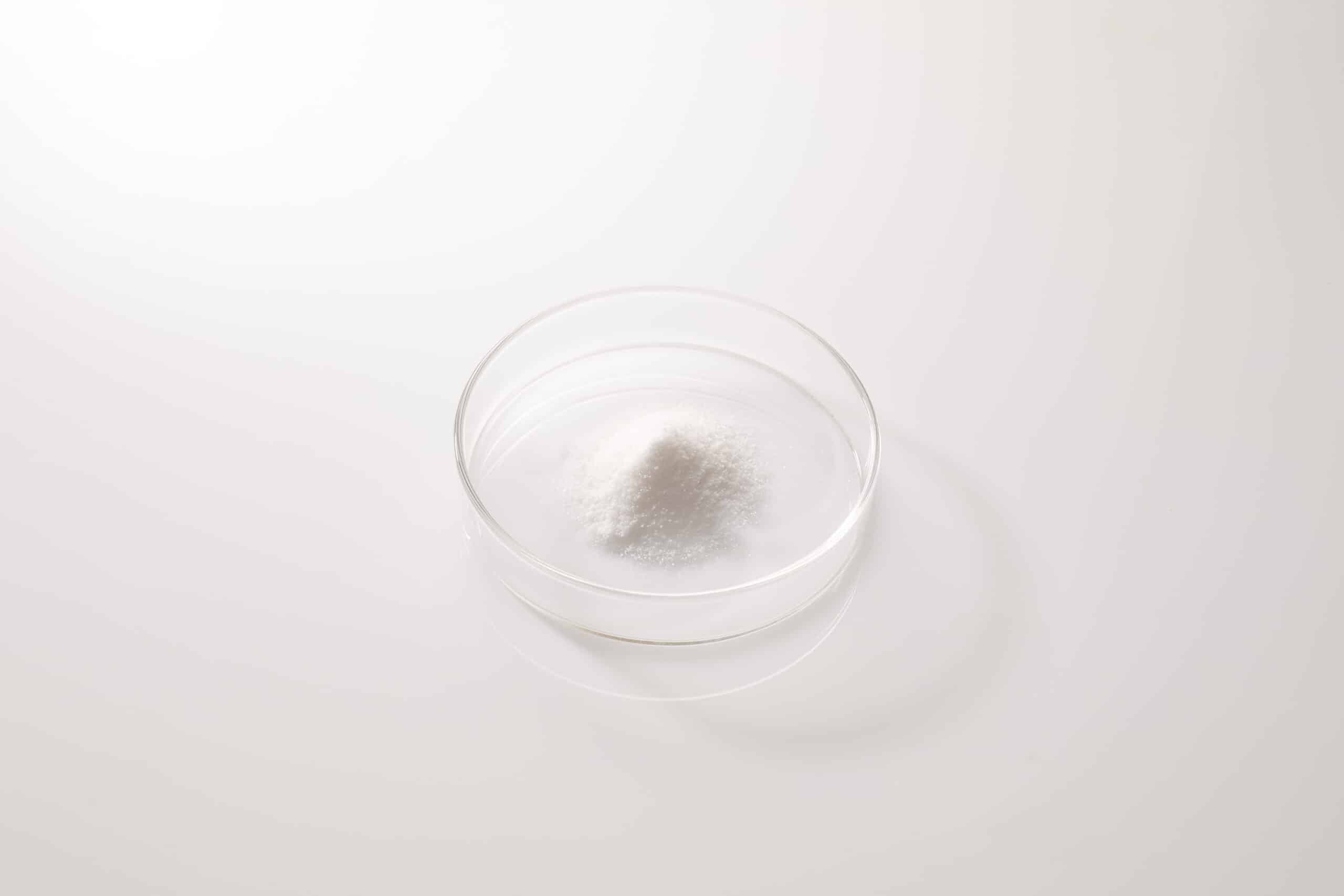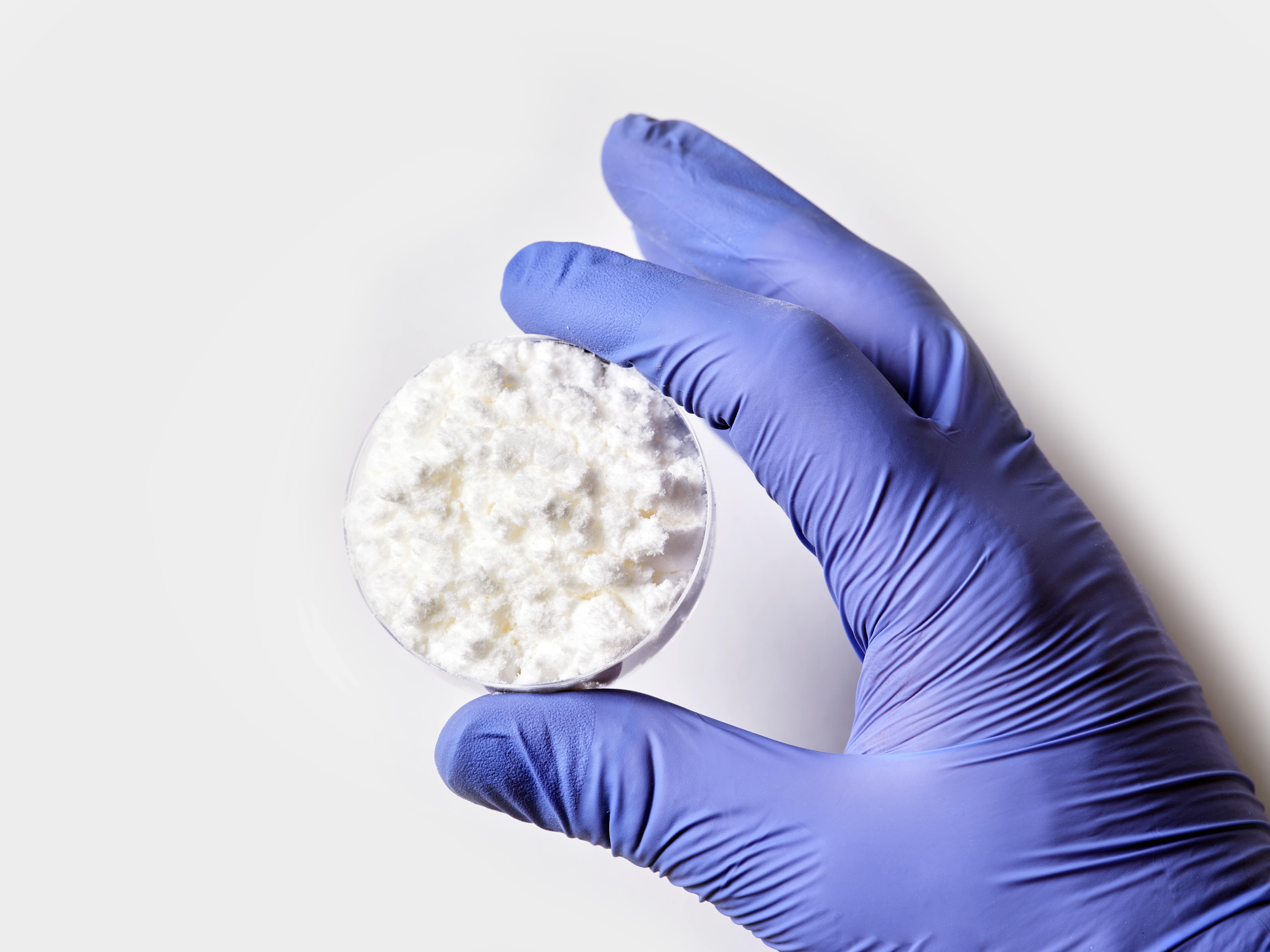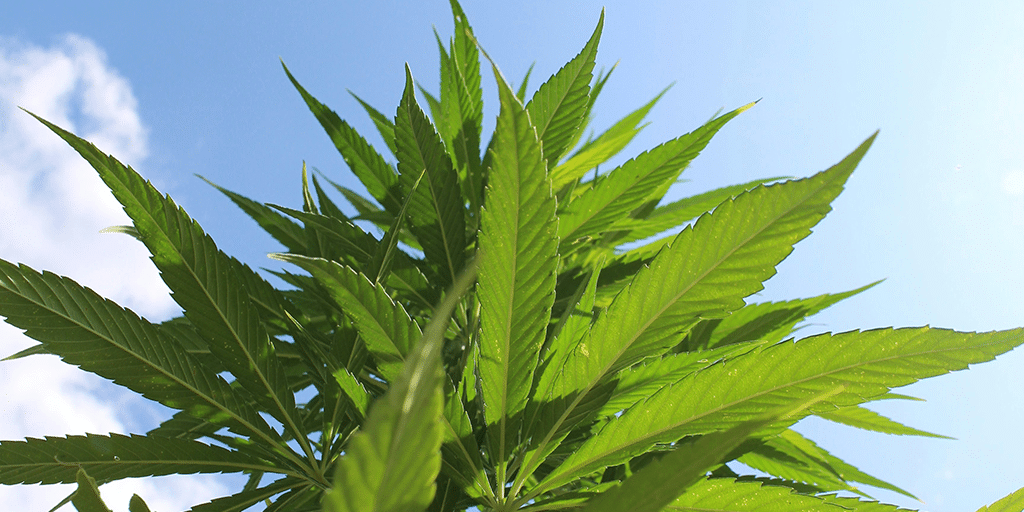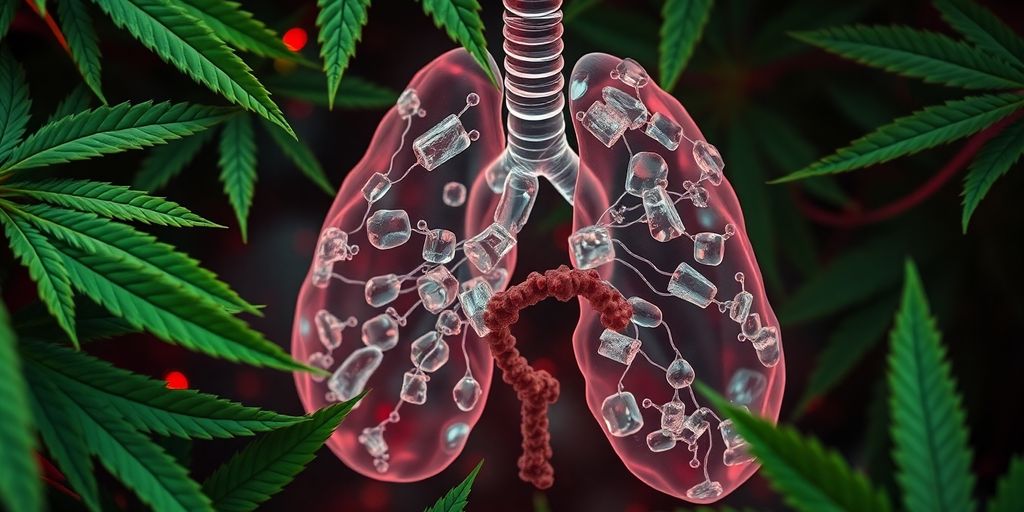According to a recent Gallup poll, Americans are placing more emphasis on the importance of proper sleep than ever before. Scientists have long known that sleep is vital for health. Recent findings show how crucial rest is for disease defense and longevity.
What does Gallup say about Americans and their sleep, and how does it impact the American hemp market? We will cover these details in this guide and provide practical tips for shifting attitudes about sleep.
The 2022 Gallup Sleep Poll
First, the basic facts: In 2022, Gallup partnered with mattress manufacturer Casper to survey more than 3,000 American adults regarding their attitudes toward sleep. Titled the “Casper-Gallup State of Sleep in America 2022 Report¹,” the results of this poll cover a wide range of topics — most importantly, for our purposes, the self-perception of Americans regarding how much the quality of their sleep affects their daily activities.
Before we move on to what the Gallup poll means specifically for cannabinoids, let’s take a moment to summarize its overall key findings:
- One-third of adult Americans (~80 million people) are dissatisfied with their sleep quality
- Good mental health is shown to be associated with healthy sleep
- Younger adults are the most likely to struggle with sleep and stress
- 55% of Americans make sleep a high priority
- Women value sleep more than men
- People who like their mattresses are more likely to sleep well
- More than $40 billion is lost yearly since workers fail to show up due to bad sleep
- Only 7% of adults indicate that their sleep last night was excellent
Americans Increasingly Value Sleep
According to the Gallup-Casper poll, more Americans now recognize both the benefits and drawbacks of their sleep habits. One of the survey’s most intriguing findings was the breakdown of which aspects of life respondents felt were most influenced by sleep quality. Here’s a summary of the key findings:
- 49% of Americans believe their sleep quality affects their mood
- 49% of Americans believe their sleep quality affects their work performance
- 45% of Americans believe their sleep quality affects their general health
Furthermore, percentages of Americans who believe sleep affects their lives in the following ways stand thusly:
- Ability to exercise: 31%
- Ability to have fun: 30%
- Relationships with family: 26%
- Healthiness of food choices: 23%
The average person has always known that failing to sleep properly the night before makes it hard to do their job. Just as ubiquitous is the platonism that sleep is essential to your health.
A growing number of Americans now see how sleep affects seemingly minor parts of life. Over a quarter say poor rest harms their close relationships. Nearly one in four say they’re more prone to binge junk food or hit the drive-thru when tired.
Younger Americans Value Sleep More
The data from Gallup clearly indicate that sleep is a growing priority as the nation evolves. Among the oldest group surveyed (65+), only 31% admitted that sleep impacted their mood, while that number more than doubled in 18 to 29-year-olds: 68%.
The gap remains large regarding sleep’s health importance. While 31% of those 65+ believed sleep impacts health, 59% of the youngest group recognized the harm of poor rest.
Here are a few other areas in which younger Americans are more focused on how their sleep quality affects their health:
- % of 18-29 vs. 65+ Americans who believe sleep impacts their ability to exercise: 39% vs. 18%
- % of 18-29 vs. 65+ Americans who believe sleep impacts their ability to have fun: 46% vs. 19%
- % of 18-29 vs. 65+ Americans who believe sleep impacts their interpersonal relationships: 33% vs. 18%
- % of 18-29 vs. 65+ Americans who believe sleep impacts the healthiness of their diet: 28% vs. 16%
There are two major implications that can be drawn from this information. First, younger Americans are already very aware of the impact of sleep on their health, so they’re prepared to recognize the benefits of cannabinoids.
That doesn’t necessarily have to come at the detriment of reducing reach to older shoppers, though. Many older individuals have less online experience, so they’re less aware of current natural health trends. Rather than viewing them as resistant, see them as simply uninformed about how cannabinoids might enhance sleep.
Pro tip: If advertising online, create separate campaigns targeted at younger and older audiences. Calibrate your approach based on which demographic engages best.
Trust in Conventional Sleep Medications Wanes
Since at least 2010², it has been understood that many patients who are prescribed conventional sleep medications continue to present symptoms — in some cases, those symptoms also worsen. Doctors across the nation still prescribe everything from benzodiazepines to antidepressants in an attempt to help people get to sleep. The results are varied to say the least.
It’s not that prescription sleep medications are acutely ineffective. Pharmacologists have developed highly complex ways to assist human consciousness in shutting down for the night.
The issue, rather, lies in long-term treatment. Whether or not the drugs are safe, they usually fail to address any underlying issues that may be supporting sleep problems. Every dose sweeps insomnia further under the rug but does not remove it from the equation.
In response, many insomnia sufferers have turned to natural substances for help. Often poorly researched and only questionably effective, many of these natural sleep aids have also recently lost favor.
Natural Treatments Are Debunked
“Debunked” might be somewhat too strong of a word, but there’s certainly more skepticism surrounding ingredients like melatonin than there once was. With this growing unease regarding the “first wave” of natural health ingredients aimed at sleep, newer substances like cannabinoids are rising to the fore.
Like melatonin, for instance, CBD affects already-existing areas of the brain. Unlike melatonin, CBD is not a hormone and does not seem to affect the endocrine system in similar ways.
Cannabinoids Rise To The Fore
In many ways, consumers are beginning to view cannabinoids as “upgrades” to their existing natural health routines. Carrying prohibition’s grandeur and stigma, cannabinoids still offer benefits that leave researchers worldwide amazed.
Shoppers appreciate the gentle naturalness of cannabinoids. These unassuming compounds still pack a punch—despite modest origins and minimal side effects, cannabinoids can improve our lives. People are awakening to this fact around the globe.
The Usefulness of Cannabinoids for Sleep
Which specific cannabinoids show the most promise for sleep? We’ll give two pertinent examples below:
CBD For Sleep
Studies on CBD for sleep remain limited, but the evidence gathered so far is compelling. Even more telling are the countless anecdotal reports in product reviews, blogs, and social media from real users.
Rather than causing intoxication like THC, CBD is gently relaxing — a property that users indicate goes great lengths toward helping them sleep at night. Better yet, most users indicate that CBD does not make them feel groggy in the morning.
CBN For Sleep
Less studied than CBD, CBN is a THC derivative with minimal intoxicating properties. Instead of causing a high, it’s often described as mildly sedative, but more research is needed.
In 2024, a study titled A Double-Blind, Randomized, Placebo-Controlled Study of the Safety and Effects of CBN With and Without CBD on Sleep Quality, explored the impact of cannabinol (CBN) on sleep quality. As the first trial of its kind to focus specifically on CBN, the research highlights its potential to improve sleep by reducing nighttime awakenings and overall disturbances. These findings provide valuable insights for future research and treatment development, especially as demand grows for natural sleep alternatives.
How to Tulfill Rising Demand for Cannabinoid Sleep Products
The time is now to further the discussion surrounding cannabinoids and sleep by bringing a greater number of excellent products to the market. Chiefly, gummies and tinctures are the most popular cannabinoid sleep products at present, but the market is ready for expansion.
Whichever idea you might have for a cannabinoid sleep product, it has a chance as long as it brings genuine value to shoppers. Find a unique angle of approach, and start making your way into the cannabinoid sleep industry without delay.
Knowledge is Power, Sleep is Health
In retrospect, it’s incredible the things that we didn’t know just a few decades ago. As society has progressed, previously held beliefs, including unquestioning trust in conventional pharmaceutical treatments, much of what people once took for granted has disappeared, leaving new truths behind.
Now, you don’t need a special magazine or newspaper to discover natural health revolutions reshaping your world. You can learn everything about CBD or other natural products in minutes on Google, which offers unprecedented information freedom.
The revelation has emerged, and people now know that sleep is the time-honored key to health and longevity. Any substances that help them sleep better without having any serious short-term or long-term negative effects will immediately be adopted by today’s cohort of educated and alternative-minded consumers. It’s only a matter of time, therefore, until cannabinoids attain even greater popularity as substances used to either facilitate or improve sleep.
The more knowledge people have, the more power they have. And, the more power people have, the more they will use that power to better themselves. It’s simply our role to help shoppers achieve these goals with the assistance of natural cannabinoid products.
Sources:
- Gallup, Inc. (2022, April 18). Casper-Gallup State of Sleep in America 2022 Report. Gallup.com. https://www.gallup.com/analytics/390536/sleep-in-america-2022.aspx
- Krakow, B., Ulibarri, V. A., & Romero, E. F. (2010). Patients With Treatment-Resistant Insomnia Taking Nightly Prescription Medications for Sleep. Primary Care Companion to the Journal of Clinical Psychiatry. https://doi.org/10.4088/pcc.09m00873bro

